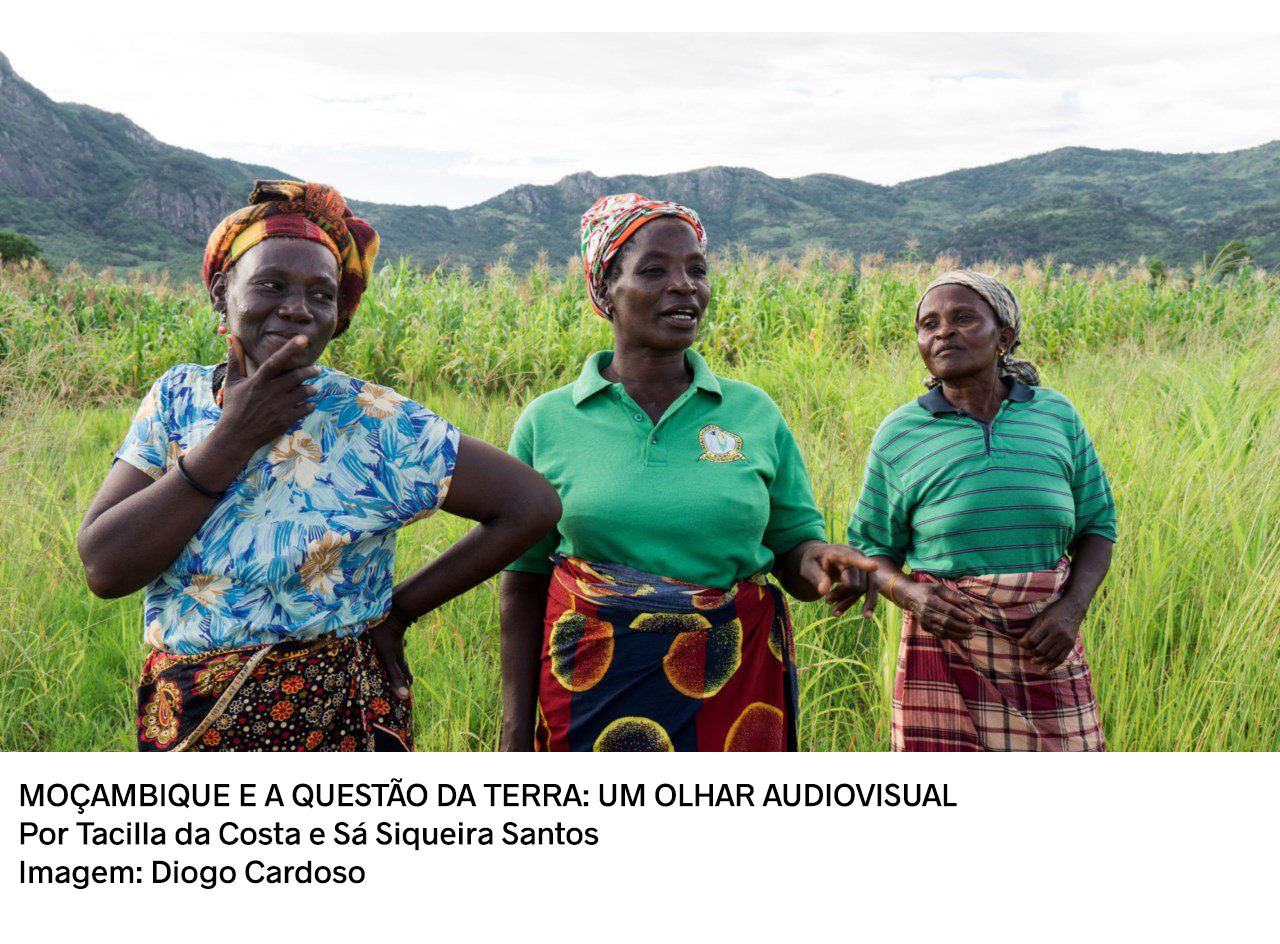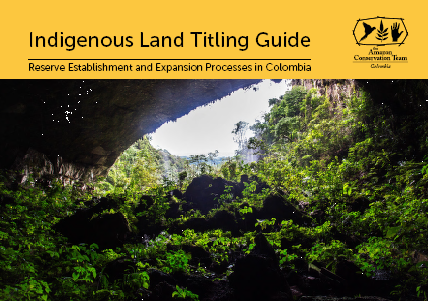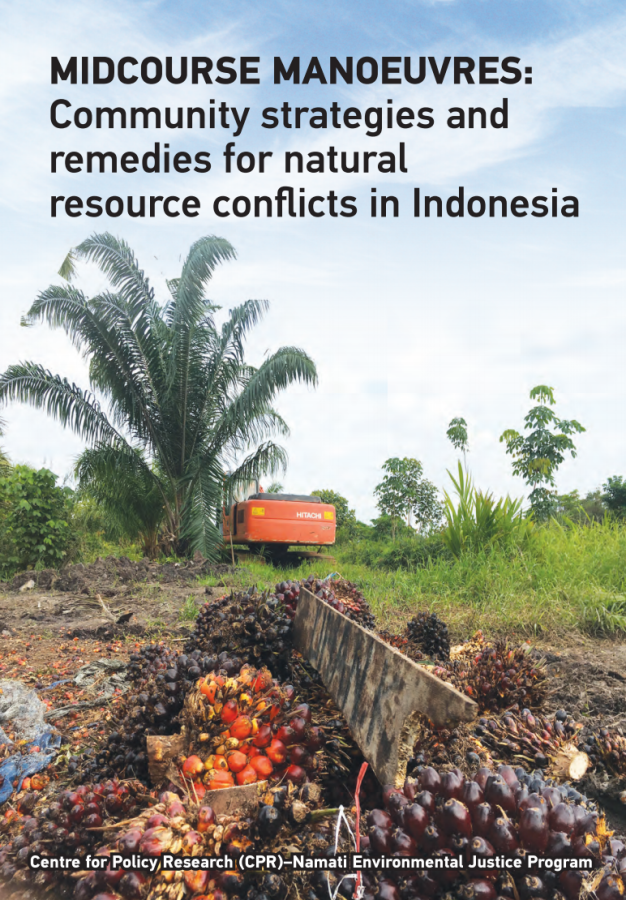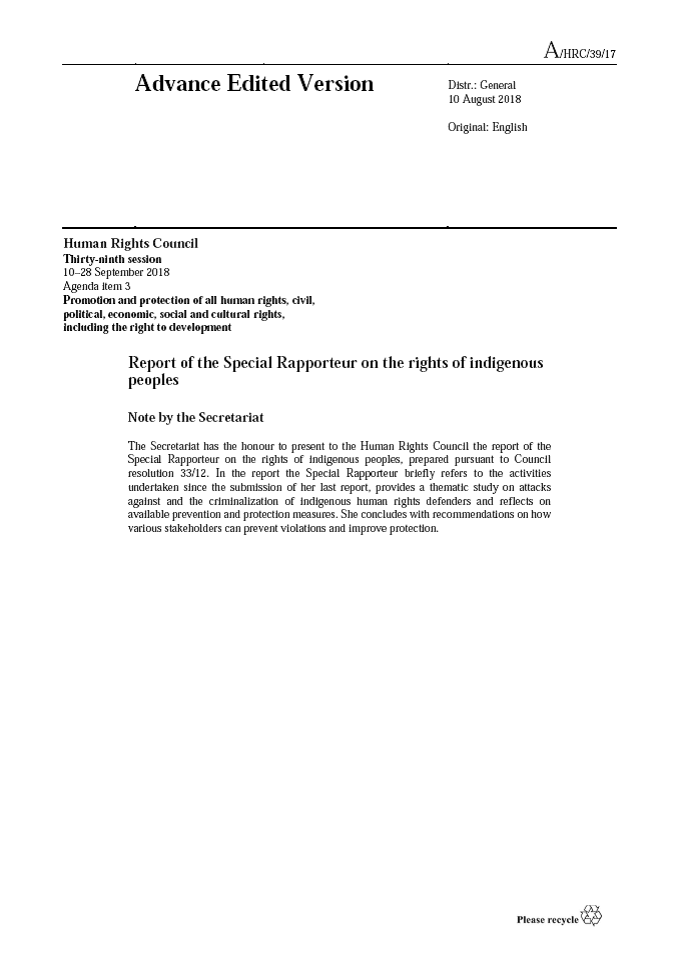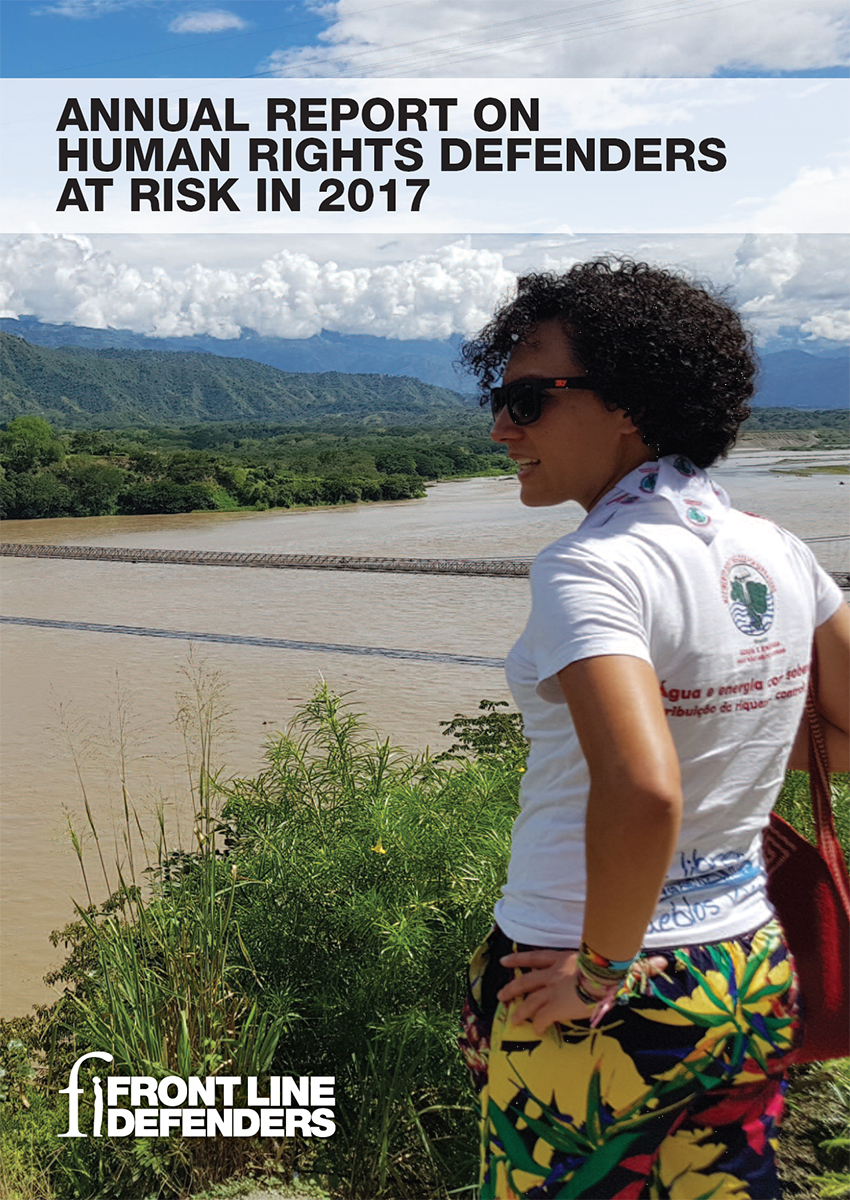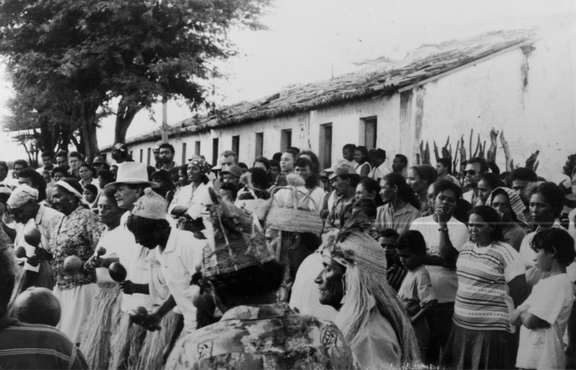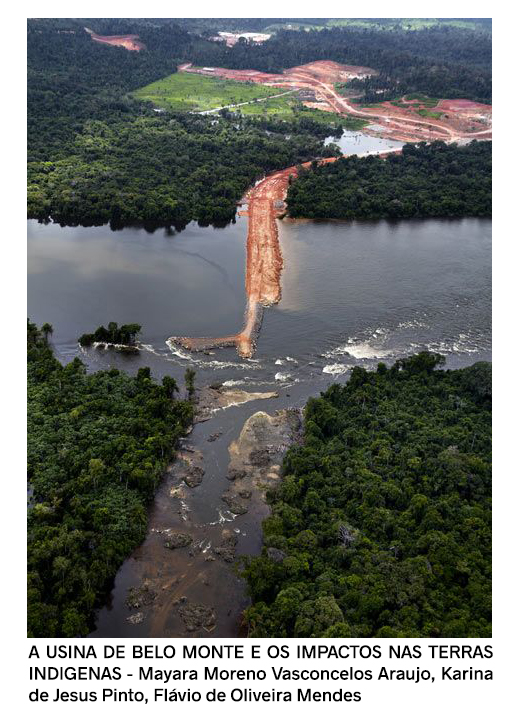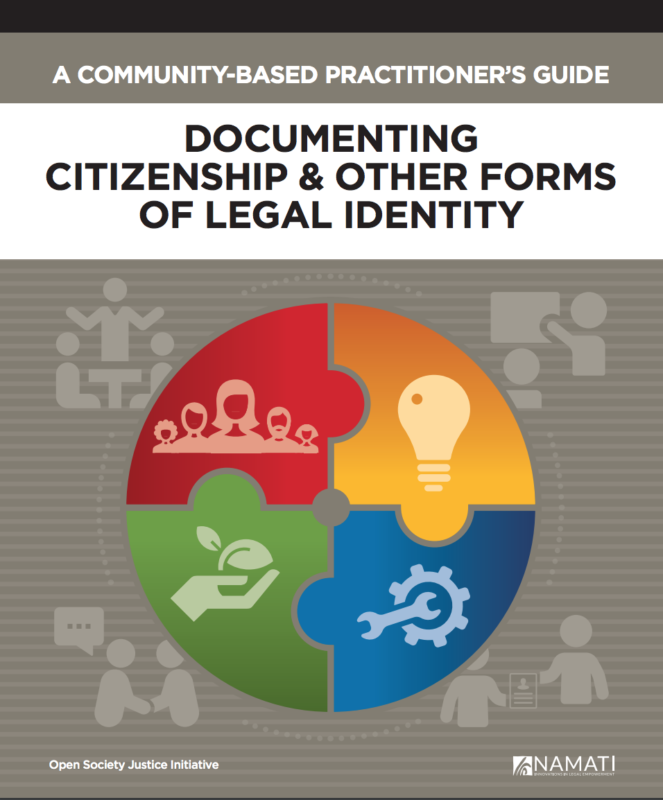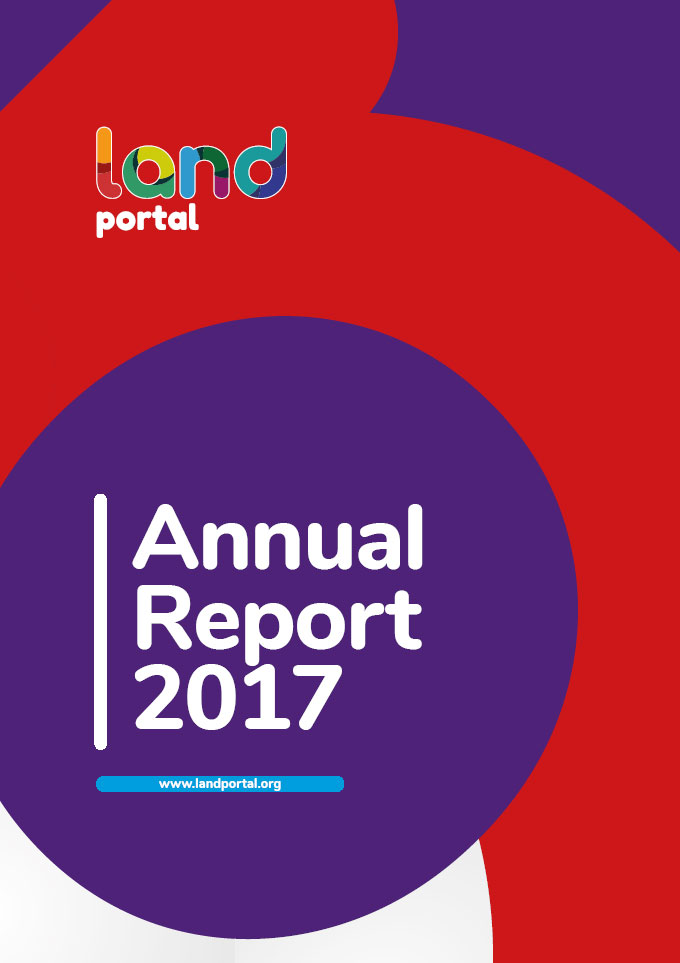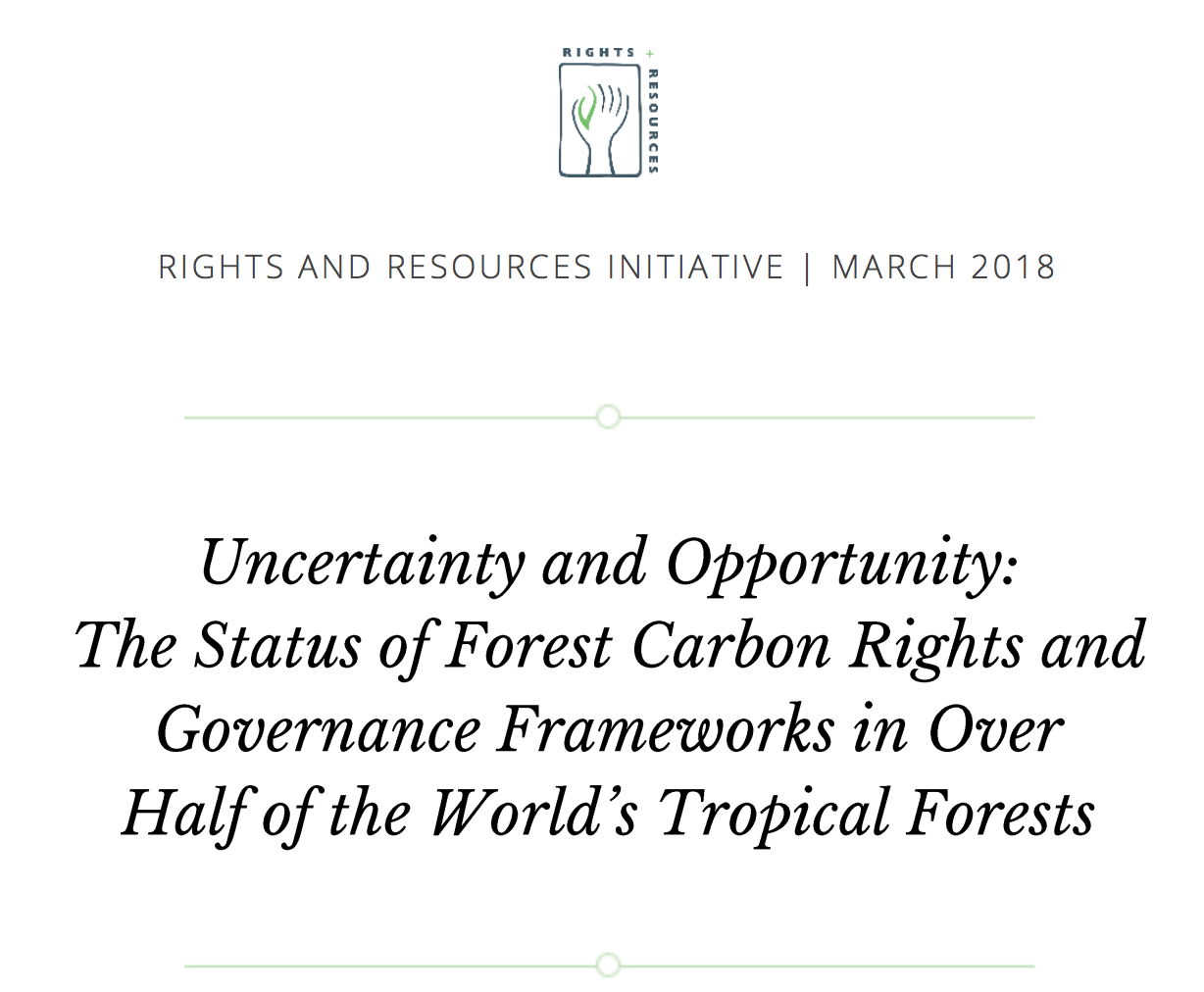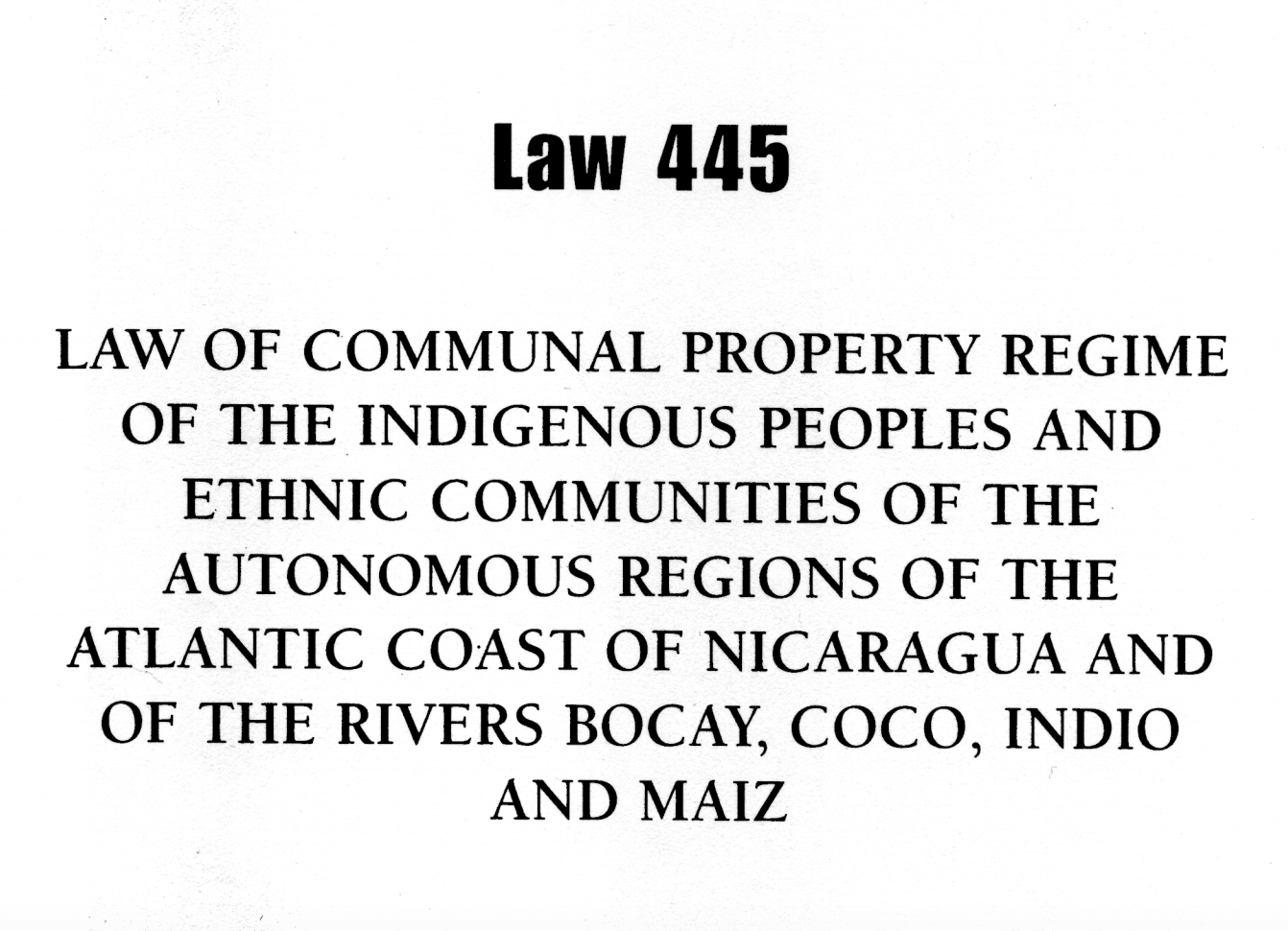Derechos sobre tierras indígenas
AGROVOC URI:
Indigenous Land Titling Guide
Ensuring the collective survival of indigenous peoples requires guaranteeing their rights and access to traditional lands. In Colombia, indigenous peoples’ struggle for ancestral land rights has been ongoing for more than four centuries, marked by collective mobilization and pressure before official entities.
Midcourse Manoeuvres: Community Strategies and Remedies for Natural Resource Conflicts in Indonesia
Over the last 50 years, most Asian countries have gone through a shift from subsistence agricultural systems to industrialized economies. In Indonesia, the major shift came in 1966, when General Suharto successfully staged a military coup. Under his presidency, Indonesia experienced the “New Order”. A key aspect of this regime was trade and industrial expansion. Changes were made to foreign and domestic investment laws to facilitate growth, including the removal of most controls on private investments.
Attacks and criminalization of Indigenous Peoples defending their lands and rights
The Secretariat has the honour to present to the Human Rights Council the report of the Special Rapporteur on the rights of indigenous peoples, prepared pursuant to Council resolution 33/12. In the report the Special Rapporteur briefly refers to the activities undertaken since the submission of her last report, provides a thematic study on attacks against and the criminalization of indigenous human rights defenders and reflects on available prevention and protection measures. She concludes with recommendations on how various stakeholders can prevent violations and improve protection.
Annual Report on Human Rights Defenders at Risk in 2017
As human rights defenders around the world put their lives on the line to challenge dictators, destructive multi-national corporations, religious conservatives, and oppressive regimes, there pervades a well-resourced and coordinated strategy of defamation, criminalisation and violence deployed to intimidate, marginalise and silence peaceful, powerful activists. The human cost has been high. More than 300 human rights defenders were murdered in 2017. Yet, in spite of this violence, there are more HRDs, working on more issues, in more countries, than ever before.
RELIGIOSIDADE TRUKÁ E O RIO SÃO FRANCISCO (PE)
Esta Dissertação de Mestrado pretende propor uma reflexão sobre cosmologia e território entre os Truká, povo indígena ribeirinho morador do submédio São Francisco, que habita no arquipélago cuja maior ilha é a Ilha da Assunção, localizada no Município de Cabrobó (PE).
Defenders Annual Report 2017
This report, and our campaign, is dedicated to all those individuals, communities and organisations that are bravely taking a stand to defend human rights, their land, and our environment.
207 of them were murdered last year for doing just that. On these pages we remember their names, and celebrate their activism.
And we reiterate our resolve to stand alongside those who continue the struggle for a better world and shine a light on these issues which are too often hidden from sight.
You are not alone. Justice will be done.
A USINA DE BELO MONTE E OS IMPACTOS NAS TERRAS INDIGENAS
A Community-Based Practitioner’s Guide: Documenting Citizenship and Other Forms of Legal Identity
This guide provides step-by-step instructions on establishing and operating a paralegal or other community-based program to help people obtain legal identity documents. It is primarily for people designing and managing community-based paralegal projects to help clients access documentary proof of citizenship and other forms of proof of legal identity, such as birth certificates.
Land Portal 2017 Annual Report
Improved access to land and data is pivotal for the promotion of land governance reform as well as the fulfillment of human rights and sustainable development. With access to reliable data and information, informed decisions regarding land and property rights can take place.
Uncertainty and Opportunity:
Most of the world’s remaining tropical forests lie in areas that are customarily managed and/or legally owned by Indigenous Peoples and local communities. In the context of climate change and global efforts to protect and enhance the capacity of forests to capture and store greenhouse gas emissions, the question of who owns the trees and the carbon stored therein is paramount. Clarifying this question is crucial, both for the future of the planet, and for up to 1.7 billion people worldwide who rely on forests for their livelihoods.
Law 445: Law of Communal Property Regime of the Indigenous Peoples and Ethnic Communities of the Autonomous Regions of the Atlantic Coast of Nicaragua and of the Rivers Bocay, Coco, Indio and Maiz
It is the ineludible commitment of the State of Nicaragua to respond to the claim for the titling of the lands and territories of the indigenous peoples and ethnic communities of the former Mosquitia of Nicaragua; right set forth in the International Treaties entered into between England and Nicaragua, such as the 1860 Managua Treaty and the 1905 Harrison-Altamirano Treaty. This right to the land is recognized in the 1987 Political Constitution of Nicaragua and the Statute of Autonomy of the Autonomous Regions of the Atlantic Coast.

